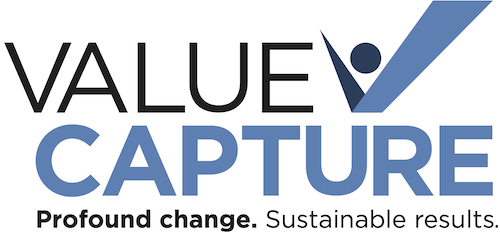CLIENT Case study
How Hamilton Health Sciences Built a Sustainable System for Continuous Improvement
Toward Fulfilling its Vision of “Best Care For All”
improvements initiated
people as problem solvers
Key Points:
- From January 2016 – April 2017, more than 425 improvements—and counting—have been initiated by frontline staff, ranging from patient safety improvements to enhancing staff communication
- Pursuit of “Best Care for All” Requires Fundamental Transformation of Culture
- Successful Culture Change Must be Rooted in Values
- Daily Management System Unleashes the Power to Embed and Spread Improvement
- New Leadership System Fosters Coaching & Support of Direct Reports and Frontline
- CQI Professionals have become the Primary Resource for Teaching, Coaching and Spreading the System
Richard McLean, MD, Executive Vice President & Chief Medical Executive“Thanks so much, we certainly couldn’t have gotten to where we are without your team’s help. The Value Capture team has helped lay the foundations for a transformation in the way we do our work. We can’t imagine having a better partner.”
As Hamilton Health Sciences (HHS) CEO Rob MacIsaac recently stated in this article for the Ontario Hospital Association, HHS needed to make “fundamental changes” to the way it operated in order to realize its vision of “Best Care for All.” To do so, Canada’s second-largest academic health organization launched a new management system to empower all 13,000+ of its staff to relentlessly focus on and improve quality. MacIsaac describes the HHS plan as a fundamental effort to change the culture, from the frontline to the executive suite.
MacIsaac and leadership knew that a culture of continuous improvement required an enterprise-wide system of learning, and that the best ideas for quality improvement come from those that do the work – the care providers.
“At HHS, we understood that transforming our culture was necessary in order to fulfill our vision of ‘Best Care for All.’ We also knew that culture change had to be grounded in principles and values we believed in, and a plan to quickly begin achieving outcomes. We chose Value Capture to support us because we believed they had the necessary depth of knowledge in this area. Just as importantly, we also knew they shared our hospital’s values.
They have set us on a course for success. We are on schedule with the implementation of a new management system. Our CQI team is transforming HHS into a learning organization from the frontline to the C-suite. It’s been a great partnership.”
-Rob MacIsaac, President and CEO
A Strong Partnership – HHS, Catalysis and Value Capture
HHS selected Value Capture and the ThedaCare Center for Healthcare Value (now named Catalysis) to help design and implement the Lean learning and management system that would help HHS change its culture, improve care, and fulfill its vision.
Catalysis and Value Capture partnered in coaching Wave 1 of implementation, which consisted of four modules of the Catalysis Business Performance System (BPS). Each module was first taught by Catalysis. Value Capture then coached the leaders from two initial “model cells” to apply the tools to develop their staff to:
- Proactively plan their work
- Develop standard work to better care for patients
- Collaborate daily to address and solve problems that occur on their units
- Monitor the progress of their improvements
A team of C-suite executives also participated, to learn the implications of this different way of managing for the rest of HHS.
This approach allowed HHS to rapidly incorporate a daily management framework, and form the essential basis to deepen and spread Lean principles and tools – in other words, HHS was learning how to begin to change its culture.
Following the nine months of work by Wave 1 units, HHS engaged in a PDSA (Plan Do Study Act) process to customize the BPS to meet the specific needs of HHS. This effort resulted in HHS:
- Using its internal coaches and Wave 1 model cell leaders as teachers, sharing their own experiences
- Creating their own training materials, videos of the work, and standard work
- Collaborating with its Continuous Quality Improvement (CQI), HR, Learning & Development, and Communications departments to align the work of training and communication
A New Set of Skills for Leaders
Recognizing that healthcare challenges are too complex for a traditional top-down management approach is one thing; actually changing the approach to foster and unleash the problem-solving capabilities of 13,000 staff across six hospital and six specialized care sites is quite another. Such a transformation means changing the role of leadership.
MacIsaac and his fellow leaders are learning to empower their direct reports to devise and implement solutions. This necessarily involves leaders spending more time coaching and facilitating, rather than directing and monitoring. And as those facilitative skills cascade across and through the HHS system, the power of frontline expertise is applied with beautifully effective force toward the goal of Best Care for All.
Side-by-Side with Hamilton’s CQI Professionals
Continuing to work with Value Capture, and with a large volume of valuable learning under its belt, HHS proceeded to Wave 2. The goals of Wave 2 were to spread the management system to six additional model cells, and to rapidly build capacity in the CQI department so that its professionals would become the primary resource for teaching, coaching and spreading the system. Value Capture therefore was transferring capability by coaching the coaches, and HHS, in an important sense, was learning how to learn.
In this Wave, Value Capture helped HHS CQI coaches to:
- Coach operational unit leaders to apply principles of the daily management system to their own work
- Develop deep capability in daily management system elements, Lean principles, scientific method problem solving, as well as reflection, coaching techniques, observation skills, and gemba (at the frontline, where value for patients is created) visits
- Create its own coaching standard work for preparation, coaching and A3 thinking
“I can honestly say that this is a learning journey; it’s continuous. I have learned so much and am lucky to be able to give back through teaching others. I am most proud to see staff owning improvement opportunities and developing solutions; staff are empowered. HHS is getting it right.”
Sandra Lloyd, Quality Specialist, Quality & Value Improvement Program
Strategy Deployment / Leader Standard Work
At the same time, HHS corporate executives continued to receive coaching in strategy deployment – essential to orient the work on the frontline – and developing their own standard work to support the emerging new management system.
Evidence-based Learning for All
HHS knows that transforming and sustaining a culture of continuous improvement is an ongoing commitment, and that such transformation requires continuous effort — planning, doing, studying, taking action and reflecting. Thus, HHS is gathering data, interviewing patients and staff, recording results and tracking progress, to produce a 3-year Transformation Study.
HHS anticipates that this research will not only benefit its own patients and staff, but that the learnings can resonate outside of the system to truly achieve Best Care for All.
Some Successes & Insights Thus Far…
CQI is helping to lead the charge to leverage the power of 13,000 personnel to improve care delivery,.
“As a manager asked for celebration news at the end of a unit huddle, an elderly patient using his walker approached the group. The patient, who was being discharged, told the group that he’d entered the hospital unable to walk, and now he was able to leave with the help of his walker. The patient and his son were crying with joy and relief, as they thanked the staff. Hugs and tears and happy good-byes followed. The patients – they are the people we work for, and seeing an outcome like this is very impactful.”
-Joe Falcioni RN, Quality Coach, Quality Specialist
“I’ve realized the importance of testing and learning standard work as it’s being used. When we create it, we don’t understand all there is to know when we use it, and so we have to be open to learning, and changing the work if needed.”
-Tim Dietrich, Director, Quality & Value Improvement Program
“I am impressed by the humble inquiry approach, and now I am very thoughtful about planning questions before a conversation.”
-Richard McLean, MD, Executive Vice President & Chief Medical Executive
“Managers are now transitioning their approach to stat sheets from ‘what is going on in the unit today’ to ‘How will I coach today?’ This is a good measure of success on the pilot units.”
-Kirsten Krull, Vice President, Quality and Performance, Chief Nursing Executive
“The thing we are most proud of from the introduction of CQI is the staff engagement – bringing issues forward and participating to find solutions. Communication has improved as a result of these opportunities brought to the huddle board. Additionally the huddle board is a place daily that staff are fully present at a place of professional camaraderie.
A critical skill we have learned is how to ask or reframe a question in order to dig deeper for more fulsome conversation and/or information.”
-Patricia Walton & Michele Robis, Clinical Managers, Operating Room
Podcast With Rob MacIsaac
Listen to Rob MacIsaac in an episode of the "Habitual Excellence" podcast.
Ready to talk with the Value Capture team?
We'd love to talk with you about the challenges you're facing.


